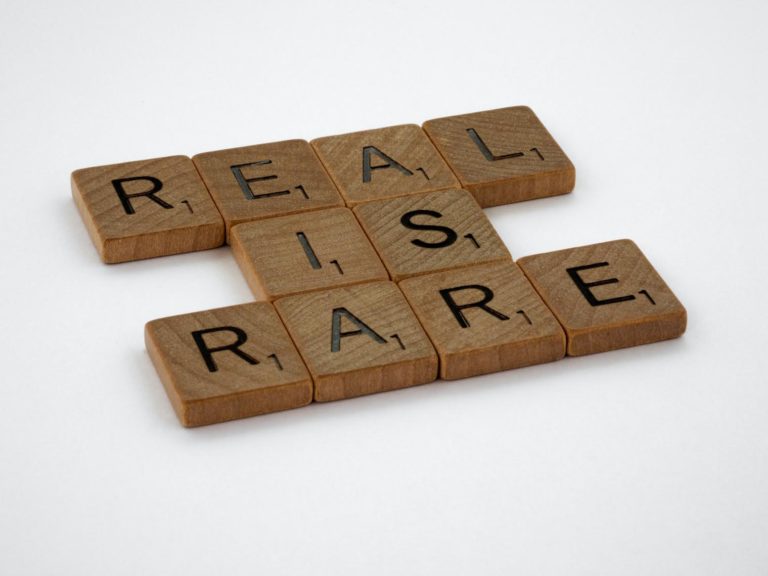The emotions that we tend to avoid without knowing it are considered repressed emotions. Repressed emotions are those we forget all together due to unconscious avoidance. Repressed emotions can lead to many physical, mental, and emotional symptoms.
Repressing emotions can be a learned behavior from childhood. Those with repressed emotions and tendencies can be caused by childhood invalidation and childhood trauma.
These are not feelings that we purposely put aside like suppressed emotions, but those that we unknowingly avoid. Repressed emotions can be unconsciously avoided due to trauma or being taught to avoid or not address certain emotions throughout childhood. Repressed emotions can also be the result of any unprocessed trauma.
Repressed emotions greatly affect the mind and body connections, which greatly impacts our physical, mental, and emotional well-being. Repressing emotions is a coping mechanism that we unconsciously learn when faced with trauma.

We may unconsciously avoid emotions because
- We were not able to talk about feelings growing up
This is when our caretakers do not allow us to express our feelings or even scrutinize us for our feelings.
Some of us were told that certain emotions are bad to have and discouraged for sharing things about how we feel.
- We were judged for our emotions or feelings
Were you ever told that you were a baby for feeling a certain way or that you are not masculine or feminine enough because of certain emotions that you had?
- Our emotions were unimportant to others
When our caretakers did not talk to us about our emotions or made our emotions feel unimportant, this led to unconsciously avoiding our emotions and feelings.
Types of emotions that are commonly repressed
- Sadness
- Fear
- Anger
- Frustration
- Anxiety
- Stress
- Depression
Signs of repressed emotions
- Feeling constantly stressed with no explanation
- Loss of memory around emotional events
- Feel uncomfortable sharing your feelings
- Feelings of numbness around certain emotions
Mental health effects
Physical effects
- Gut health problems
- Joint or muscle pain or tension
- Problems with sleep
- Lack of energy
- Increased or lowered appetite or feelings about food

Emotional effects
- The inability to talk about emotions
- Decreased self-esteem
- Heightened anxiety and stress
- Lack of recognition of emotions
Techniques to address repressed emotions
- Name and process your emotions
- Be mindful of your body with meditation practices
- EMDR therapy (Eye movement desensitization and reprocessing)
- EFT therapy Emotionally focused therapy
Repressed emotions are serious and impact us negatively in many ways. It is important to address these emotions no matter how daunting it may be. It is possible to let go of these emotions with the proper tools, techniques, and therapy. When we repress emotions, we are unconsciously avoiding and burying these emotions deep inside. These suppressed emotions can lead to many physical, emotional, and mental effects, such as anxiety, depression, PTSD, eating disorders, and much more.
We unconsciously learn these coping mechanisms of emotions when we face childhood trauma or any type of trauma that led us to believe that our emotions were unimportant and did not need to be addressed. We learn to repress our emotions at a young age when our emotions are not validated or when we are scrutinized for having certain emotions. When we face this trauma and cannot address or process the emotions that come with it, this then leads to repressed emotions that may never be dealt with.
Therapy can help us understand and express feelings and increase our awareness of emotions, as well as the tools to address these emotions. EMDR therapy has been shown to be very helpful to addressing and processing repressed emotions. If EMDR therapy might be right for you, reach out to a trained therapist that is certified in EMDR therapy.




